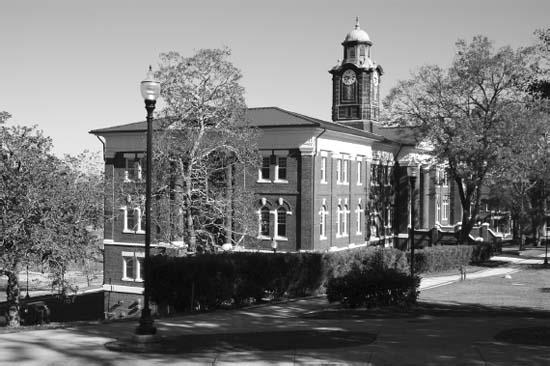EducationHistorically Black Colleges and Universities |
What institution of higher education did Booker T. Washington establish? |
Booker T. Washington (1856–1915), with the assistance of his wife, Fanny Norton Smith Washington, founded Tuskegee Institute (now University) in Alabama on July 4, 1881. He was born a slave in Virginia, where he remained until he moved with his mother and siblings to join his stepfather in West Virginia after the end of the Civil War. He received his first formal schooling in Malden, West Virginia, but was unable to attend regularly. Despite this, at age sixteen he entered Hampton Institute in Virginia, which taught normal school classes and trades. It is said that the school’s founder—who is alleged not to have believed in social equality for black people—became Washington’s father figure. Washington did well at Hampton, and when he graduated he taught public school in Malden from 1855 to 1877. After studying briefly at Wayland Seminary in Washington, D.C., he returned to West Virginia. In 1879 he took a teaching job at Hampton, where he remained until he was asked in 1881 to open a new school in Alabama. He accepted, and in July of that year Tuskegee Normal and Industrial Institute was born. He was at first the only teacher, and Washington had to work to establish support of the white community. He followed the Hampton model, preparing students for crafts and encouraging them to be public school teachers. As the school prospered, so too did Washington’s reputation as a leader. He became known increasingly for his conservative stance on racial issues, which was attributed to his belief that agitation by black people would not yield positive results. In time, other black figures, including W.E.B. Du Bois, emerged to question Washington’s philosophy. A number of works list Washington as the author, although some are known to have been ghostwritten.

Tuskegee University was founded in Alabama in 1881 by Booker T. Washington.
